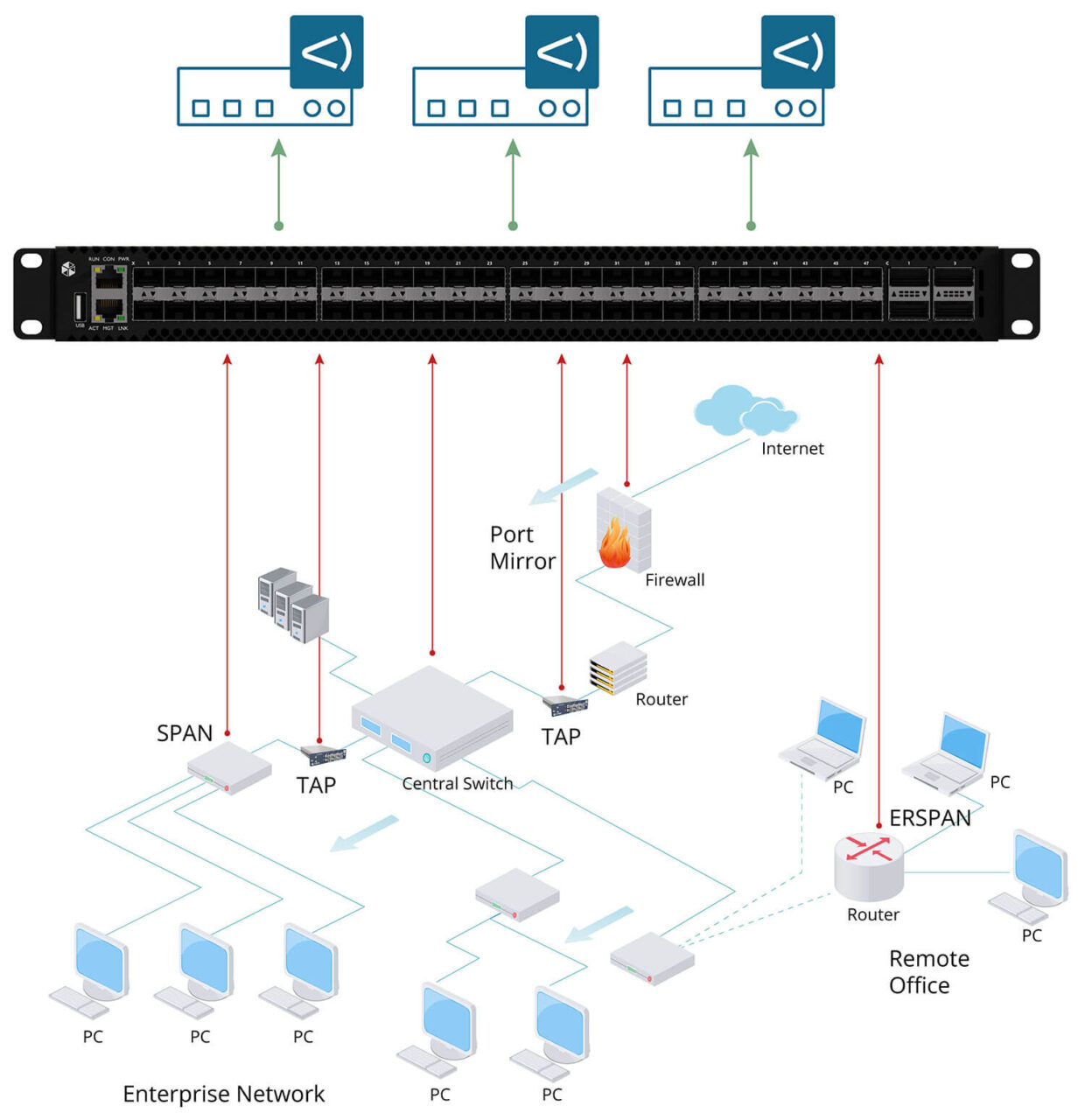As our digital dependency increases, Internet Service Providers (ISPs) are no longer just responsible for delivering connectivity – they are becoming essential pillars of the global cybersecurity framework. Every email, video call, and cloud transaction rely on the infrastructure ISPs provide, and with that comes the growing responsibility to protect users and data from cyber threats.
Providing internet access is no longer just about speed and uptime – security has become just as important. ISPs must actively protect the integrity of the traffic they carry by implementing strong security measures across their infrastructure.

In practise ISPs provide both network and subscriber security. The offering includes real-time protection against cyber threats like phishing, malware and botnet attacks together with personalised threat reports. More specifically ISPs protect against device viruses and hacking, SMS/email phishing attacks, malicious URLs and ISPs block access to malicious websites linked in emails or preventing malware from communicating with its command-and-control servers. In order to provide subscriber protection ISPs safeguard the network with threat management service whether the network is broadband or mobile.

Yet another threat is the Distributed Denial-of-Service (DDoS) attacks that can paralyse services and overwhelm infrastructure. ISPs are often the first – and best – line of defence when such attacks occur.
A secure internet experience doesn’t end with infrastructure; users also play a vital role. ISPs have increasingly recognised the need to educate customers about risks, from scam detection to good password hygiene.
Only packet level data makes it possible to detect harmful payloads, suspicious network behaviour and robust cybersecurity tools that are seamlessly integrated to each other.
Cubro’s portfolio of TAPs, packet brokers, and DPI technology helps ISPs gain real-time, lossless visibility into data streams, allowing proactive threat identification without impacting network performance. This enables ISPs to spot suspicious activity before it reaches the end user. With the help of Cubro providing copies of the traffic to the ISPs cybersecurity tools, ISPs can identify abnormal traffic patterns, isolate the attack sources, and mitigate them before they cascade downstream, thereby keeping critical services available. Cubro delivers visibility from Layer 1 to Layer 7, including tunnelling protocols like VXLAN, GTP, MPLS, and GRE.
Protecting the digital world requires a collective effort. ISPs regularly collaborate with government bodies, threat intelligence groups, and other providers to enhance global security standards.

From the tool perspective ISPs often have several security tools, sometimes even tens of them. Having plenty of tools requires effective packet filtering and delivery to several recipients. Cubro facilitates this collaboration through open integrations, metadata generation (NetFlow/sFlow), and compatibility with SIEM/SOAR platforms, providing ISPs with the flexibility to integrate our insights into broader security ecosystems.
ISPs have been building value-added cybersecurity services for both individual and enterprise customers, from managed security offerings to encrypted DNS, endpoint protection, and compliance assistance.
Cubro enables ISPs to move from reactive to proactive security by removing blind spots, simplifying data capture, and optimising the performance of cybersecurity tools. With 20+ years of experience in the network visibility domain, we understand how to support ISPs at every level – from access networks to core infrastructure.
Our goal is simple:
Make threats visible. Make decisions smarter. Make the internet safer.
👉 Learn how Cubro can help your network become your strongest line of defence. Get in touch at support@cubro.com.

